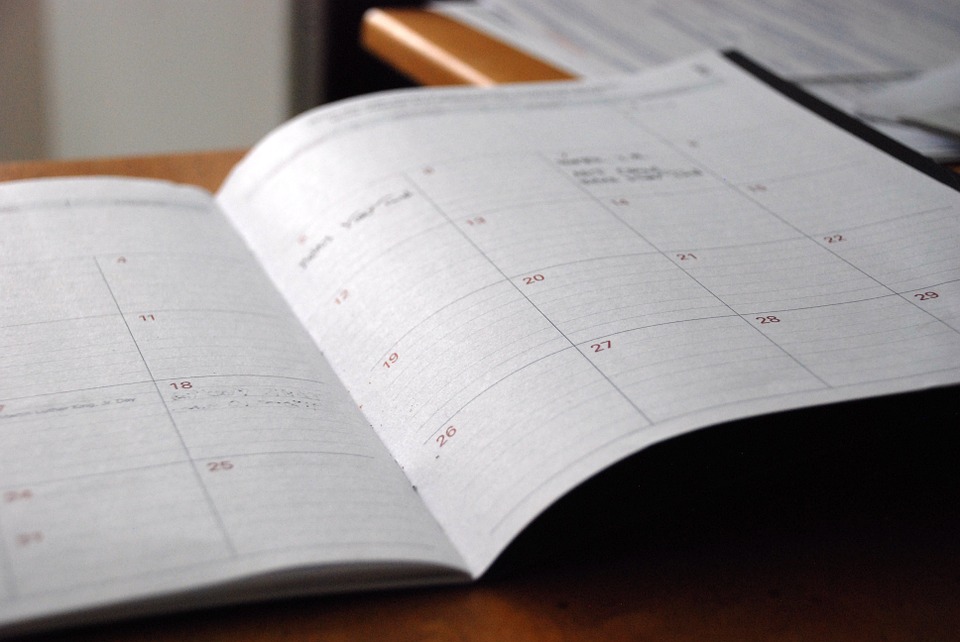No products in the cart.
How to Maintain a LEED Credential: What You Need to Know
Congratulations! You passed your LEED exam and can now advertise your hard-earned LEED credentials on your resume and business cards. Just remember that you’ll need to keep up with LEED continuing education down the road…oh yes, we’re going to explain how to maintain a LEED credential.
Celebrate and enjoy this achievement…for now anyway!

About 12 months from now, you’ll want to get your head back into the game so you can start thinking about your future. Remember that when you registered for the LEED exam, you agreed to participate in continuing education at regular intervals. This is where we start talking about how to maintain a LEED credential.
This is known as the LEED Credential Maintenance Program, or LEED CMP.
If you’ve stumbled onto this blog looking for more information about LEED in general, check out our What is LEED? series now.
How to Maintain a LEED Credential with CMP
The LEED Credential Maintenance Program (CMP) states that all LEED-accredited professionals must participate in continuing education every 2 years to retain their LEED designation.
Why is LEED CMP necessary?
 In 2009, when the U.S. Green Building Council (USGBC) revised its LEED credentialing process, it decided that it was important for accredited LEED professionals to demonstrate their expertise through ongoing continuing education.
In 2009, when the U.S. Green Building Council (USGBC) revised its LEED credentialing process, it decided that it was important for accredited LEED professionals to demonstrate their expertise through ongoing continuing education.
The green building industry is fast growing and ever-evolving, so it’s important that the professionals who advertise their knowledge be, in fact, up-to-date on what is happening in the industry.
Who has to complete LEED CMP?
Both LEED Green Associates and LEED APs with a Specialty (BD+C, O+M, ID+C, ND, Homes) are required to complete LEED CMP. The specific requirements vary by designation.
LEED Green Associate Credential Holders
LEED Green Associates must acquire 15 hours of continuing education in their 2-year interval. Of those 15 hours, 3 must be specific to LEED concepts.
LEED AP Specialty Credential Holders
LEED APs with a Specialty must acquire 30 hours of continuing education in their 2-year interval. Of those 30 hours, 6 must be specific to the LEED Rating System of their AP Specialty. In other words, a LEED AP BD+C professional will need to complete 6 hours that are specifically about LEED BD+C concepts.
Dual LEED AP Specialty Credential Holders
It’s important to note that a professional with two LEED AP designations is required to complete 6 hours for *each* LEED AP specialty that they possess. For example, someone who has earned the LEED AP BD+C and the LEED AP O+M designations will need a total of 36 hours of LEED continuing education, where 24 hours are categorized as general, 6 hours are aligned with LEED BD+C, and 6 hours are aligned with LEED O+M.
What about LEED APs without a Specialty?
Legacy LEED AP Credential Holders
Legacy LEED APs are professionals who passed the LEED AP exam prior to 2009. At that point in time, there was only one LEED exam available – called LEED AP. Upon passing this exam, a professional had earned the LEED AP designation. The LEED AP designation is different from the LEED AP Specialty designation, which debuted in 2009.
The LEED AP designation did not – and does not – come with a LEED CMP requirement.
Anyone who passed the LEED AP exam before 2009 remains a LEED AP for life. However, it is understood in the industry that this credential is outdated. The pre-2009 LEED AP exam is no longer an option.
The USGBC gave LEED APs the opportunity to opt into their new credentialing system for a brief window of time. Those who opted in upgraded to a LEED AP Specialty designation, such as LEED AP BD+C. Now, any LEED AP looking to opt into the new credentialing system must start at the beginning level, which is LEED Green Associate. The alternative is to remain an “inactive” LEED AP.
When does LEED CMP have to be completed?
LEED professionals will need to satisfy their LEED CMP requirements within their 2-year reporting period.
The 2-year reporting period begins on the date that a candidate passes his or her LEED exam. If you pass the exam on August 15, 2017, then your reporting period begun on August 15, 2017.
The 2-year reporting period ends 2 years later, minus 1 day from the start date. Using the same example above, your reporting period end date would be August 14, 2019.
The next reporting period start date would be August 15, 2019. The next reporting period end date would be August 14, 2021. And so on.
LEED professionals can log into their USGBC accounts to see their reporting period dates.

Do LEED CMP hours roll over?
No, credential holders should only submit 15/30 hours during that reporting period. Additional hours completed will not roll over into your next reporting period.
What if I let my LEED credential lapse?
The CMP Guide states that there is a 90-day past due period. Credential holders will have 90 days to renew and report hours previously earned within their reporting period, which starts after the reporting period has ended. You will not be able to earn hours during this time. If you do not report enough hours and successfully renew by the end of the past due period, your credential will expire.
LEED professional credentials will expire if the credential holder fails to complete the CMP requirements. Renewal must be submitted no later than 90 days after their reporting period end date.
If your LEED credentials expire and you later decide that you want to get back into the LEED credentialing system, you will need to start over at the LEED Green Associate level. This applies to all professionals, regardless of whether you had earned the LEED Green Associate or LEED AP Specialty designation previously. There is no discount for this status. You will be treated as a new testing candidate.
What counts as LEED CMP activities?
LEED professionals can earn LEED CMP hours through activities related to green building and health and wellness. Those activities include:
- LEED continuing education courses
- LEED project participation
- Authorship on a print or digital publication
- Volunteering
Can I participate in the same activities each time?
If you’re taking training courses to satisfy your LEED CMP requirements, you cannot count the same classes taken more than once. Keeping in mind that the purpose of LEED CMP is to encourage additional learning and competency, the USGBC does not accept repeat classes as a way to satisfy this requirement.
How do I report my LEED CMP hours?
To self-report LEED CMP activities, log into your USGBC credentials account and select Report CMP Activity.
If you are participating in Everblue’s LEED CMP Training program, we include a short form that asks for your name, ID number, and deadline. Upon submitting this form to us, we can submit your LEED CMP hours to USGBC on your behalf.
What does LEED CMP cost?
The cost of satisfying your LEED CMP requirements will vary depending on which activities you choose to pursue.
The Everblue LEED CMP Training programs are popular because they include all of the hours needed to satisfy the LEED CMP requirements. Since it’s an online program, participants can log in and complete activities any time 24/7 at their convenience (within the one-year account access). Starting at $149, professionals can gain instant access and begin knocking out their requirement.
Please note – in addition to completing the LEED CMP hour requirement, professionals must also pay a renewal fee to the USGBC. As of this writing in September 2017, the renewal fee is listed on the USGBC website as $85. This amount is subject to change at USGBC’s discretion.
LEED professionals with more than one LEED AP Specialty will need to pay $85 per credential earned/renewed.
Have more questions about LEED CMP?
Give our team at Everblue Training a call (800) 460-2575 if you want to talk through your LEED credential requirements.
We hope we’ve helped you answer how to maintain a LEED credential. The answer is, it’s super easy with our online LEED CMP package!